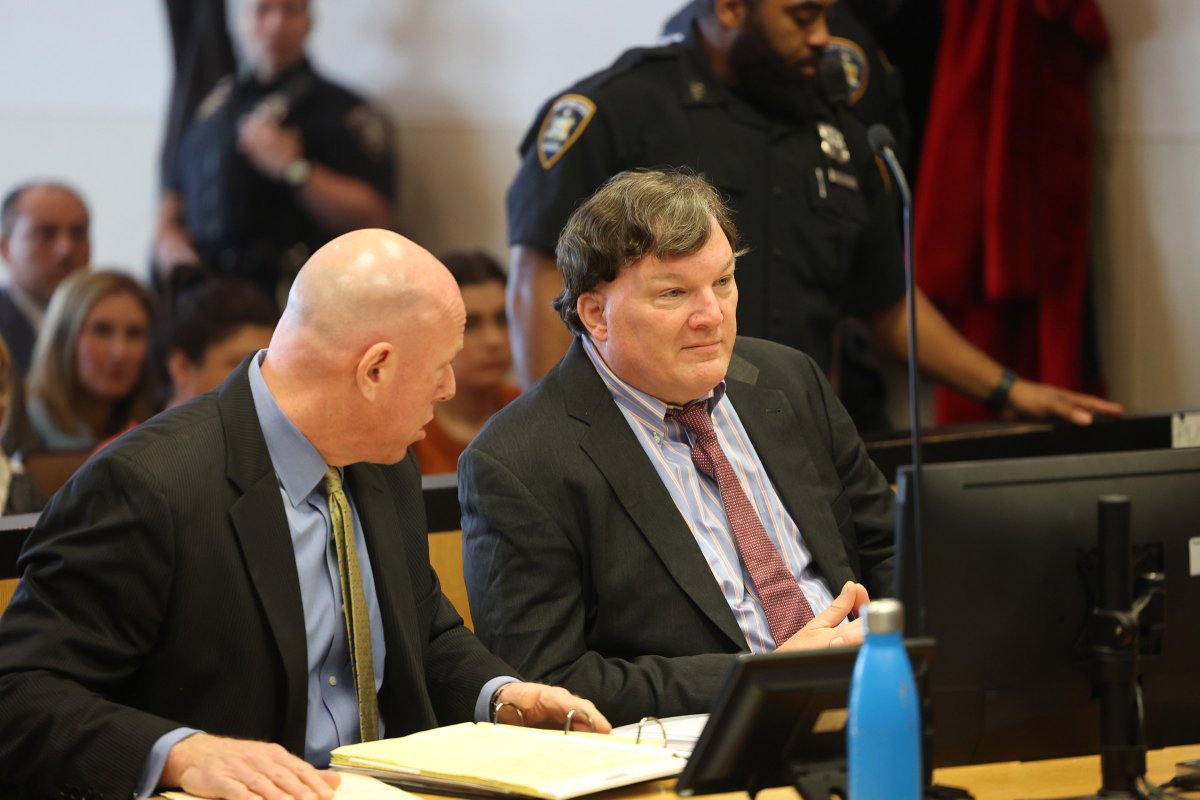Ask Beatty: Are You on a Path to Happiness?

Happiness is one of those fleeting terms that’s very difficult to define and, for many, difficult to achieve, feel and sustain. At various times in our lives we may begin to realize that despite outward appearances, we’re really not happy. We’re going through the motions, and we’re tired of performing — tired of lying to ourselves and others. Something is missing, though we’re not sure what it is.
Although we can’t expect to feel happy and joyful every day, it’s when this cycle of discontent becomes your day-to-day norm that it’s time to take an honest look at your life and relationships. Only then can we begin to clearly identify what’s causing or contributing to our feelings of unhappiness and discontent. More importantly, we will be in a better position to figure out what to do.
It’s time to embrace my mantra: Acknowledge, address and resolve as best as we can (even though we can’t change our history) the things that continue to get in the way of our life, happiness and relationships. Are you ready to pivot? Are you ready to start to feel better so that you can begin to enjoy and embrace life more happily?
Every week on my Ask Beatty Show on the Progressive Radio Network, my “How Are You Doing” segment asks listeners to check in with themselves in order to evaluate how well or how badly they are doing in a number of different areas in their lives. I ask them to honestly look at their life, including their mental health, relationships, work, financial situation, physical health, goals, purpose and life satisfaction in general. I was very pleased to recently see that The New York Times devoted one full page to asking its readers to pause and take time to honestly assess their emotional health — the most important contributor to overall wellbeing. Their “How Are You Really?” article reinforced the importance of checking in with oneself, so as to ensure that we are indeed living our life in ways that are in our best interest.
A 2024 “World Happiness Report” found that Finland, for six years and counting, has been the happiest country in the world, and that Americans, particularly those under 30, have become drastically less happy in recent years. Dr. Lorenzo Norris, an associate professor of psychiatry at George Washington University, cited the disruptions to life brought about by the coronavirus pandemic as a chief cause of mental health challenges among younger Americans.
“The effect that this had on socialization and the ability for people to feel connected did not take place, and that is still occurring,” he wrote. In 2022, a Harvard University study showed that wellbeing among young adults in the U.S. had declined in the previous 20 years. Young people between the ages of 18 and 25 reported the lowest levels of happiness compared with other age groups, as well as the poorest mental and physical health, sense of purpose, character, virtue, close social relationships and financial stability.
So what can we learn from Finnish society? Dr. Frank Martela, a Finnish psychology researcher and philosopher, found that there are three tenets, common in Finland, that help foster happiness: a strong sense of community and relatedness, doing good deeds for other people, and finding a clear purpose for oneself.
Can friends help you live longer? Definitely — but only certain kinds of friends. Having people in your life who care about you and whom you care about makes all the difference in the world. I’ve cited Harvard psychiatrist Dr. Robert Waldinger’s research findings about happiness numerous times: “Good relationships keep us happier and healthier.” He found that good relationships don’t just protect our bodies, they protect our brains.
Another study on the importance of friendships found that people with the most friends tended to outlive those with the fewest by 22%. Although the number of friendships is important, the quality of your friendships is even more important.
A clinical review of nearly 150 studies, involving more than 300,000 people followed for an average of seven years, found that people with strong social ties had a 50% better chance of survival — regardless of age, sex, health status and cause of death — than those with weaker ties. Keep in mind that strong social ties mean real friends, not social media friends or connections. The key, according to research, is to have two or three close friends and then commit to nurturing these very important relationships.
The case for strong social connections is clear. In my clinical practice in New York City and East Hampton, the majority of people contact me because of problems including depression, anxiety, traumas of various kinds (past and present), substance abuse, and relationship and sexual problems. I can say, without exception, that virtually everyone whom I treat begins to feel better when they surround themselves with supportive, kind and loving people who have something to give. This often means extricating themselves from toxic relationships, including family and friends, that can both cause and contribute to continuing sadness and unhappiness.
When is the last time that you can honestly say you did a good deed for someone that was not based on some transactional interaction — one that was not about what you could get out of it? A 2023 Ohio State University study of 122 people with anxiety, depression and stress found that performing acts of kindness for others gave them a greater sense of life satisfaction and happiness. When you help someone and when you have a positive impact on others, your own happiness and sense of meaningfulness increases, according to many studies. Who would you like to reach out to today and hopefully make their day a happier one? It will make you happier too!
What is your raison d’être or purpose in life? What motivates you to get out of bed every day? Is it your family, job or political involvement in a particular cause? If you’re not sure, or if you’ve never thought about this, today can be the day to start pondering what you can do to make a difference and help make this world a better place. The benefit of finding your purpose will help you find more meaning in your own life.
Beatty Cohan, MSW, LCSW, AASECT is a nationally recognized psychotherapist, sex therapist, author of For Better for Worse Forever: Discover the Path to Lasting Love, national speaker, national radio and television expert guest and host of the weekly Ask Beatty Show on the Progressive Radio Network. She has a private practice in NYC and East Hampton.
Beatty would love to hear from you. You can send your questions and comments to her at BeattyCohan.msw@gmail.com. For more info, go to beattycohan.com.



